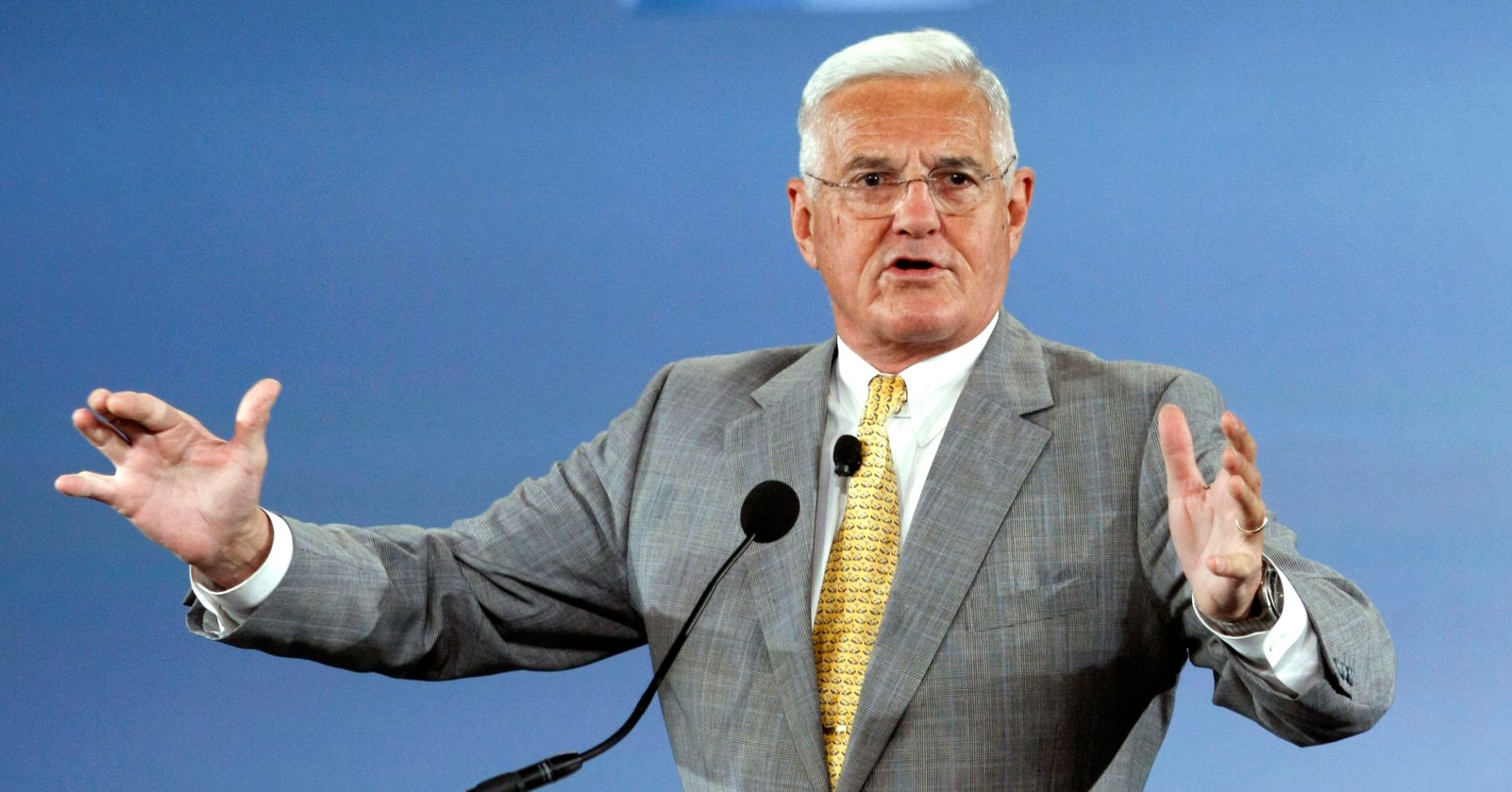Closing Bell.”
“Trump is not trying to destroy the system. Trump is trying to get American industrial jobs back, and you can’t do that if other people have four times the duty on American cars than we have on theirs.”
Many in the auto industry are warning of the risk of increased prices after Trump threated tariffs last week on European vehicles. The president wants the EU to drop tariffs on certain U.S.-made goods, which it put in place in response to Trump’s duties on EU steel and aluminium.
Trump also told automakers at a meeting in the White House on May 11 that he was planning to impose tariffs of 20 percent or 25 percent on some imported vehicles.
On Wednesday, Toyota said a 25 percent tariff on vehicles would increase the cost of every auto sold in the U.S.
And earlier in the day, the Alliance of Automobile Manufacturers, a trade group representing domestic and foreign automakers with plants in the U.S., warned that the levy would cost consumers thousands of dollars and ultimately lead to job cuts.
The group predicted a 25 percent tariff would increase the average price of a new vehicle by $5,800. That would amount to a $45 billion tax on the auto industry, it said.
On top of the increased costs, the tariffs, if implemented, would also “unleash … a real trade war,” AutoNation Chairman and CEO Mike Jackson told “Squawk Box” on Wednesday.
“Automotive tariffs will make steel tariffs look like a company picnic,” said Jackson, head of the nation’s largest auto retailer. “It will raise prices dramatically for consumers in the United States. It will be inflationary.”
Lutz said threatening a 25 percent tariff is “typical Trump.”
“What Trump is trying to do is resolve an inequity that’s been present for the last 30 or 40 years that nobody has dealt with,” he said. “The United States has a 2.5 percent tariff on imported cars. Every other country has multiples of that.”
—CNBC’s Phil LeBeau and Matthew Belvedere contributed to this report.
